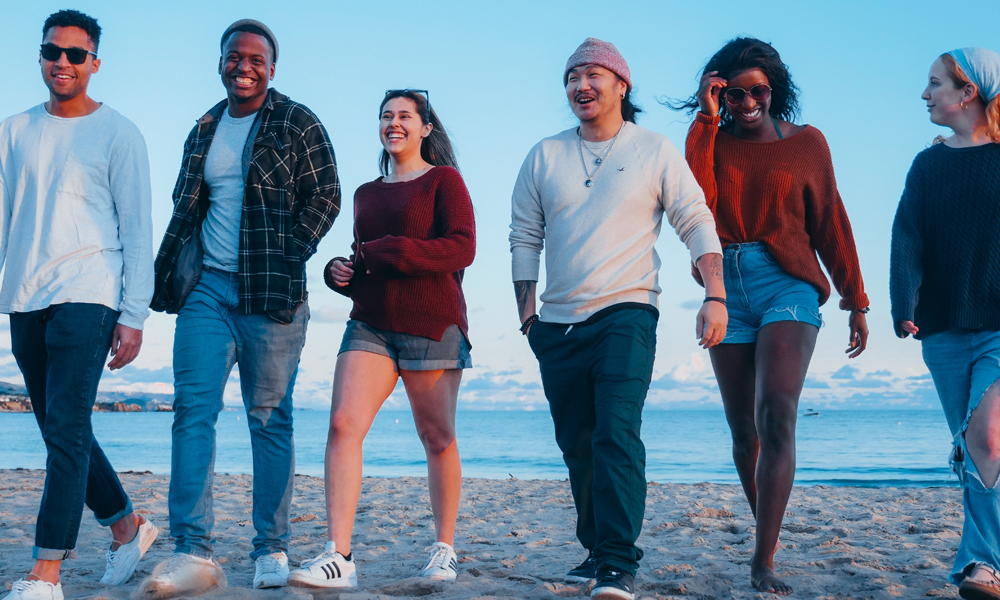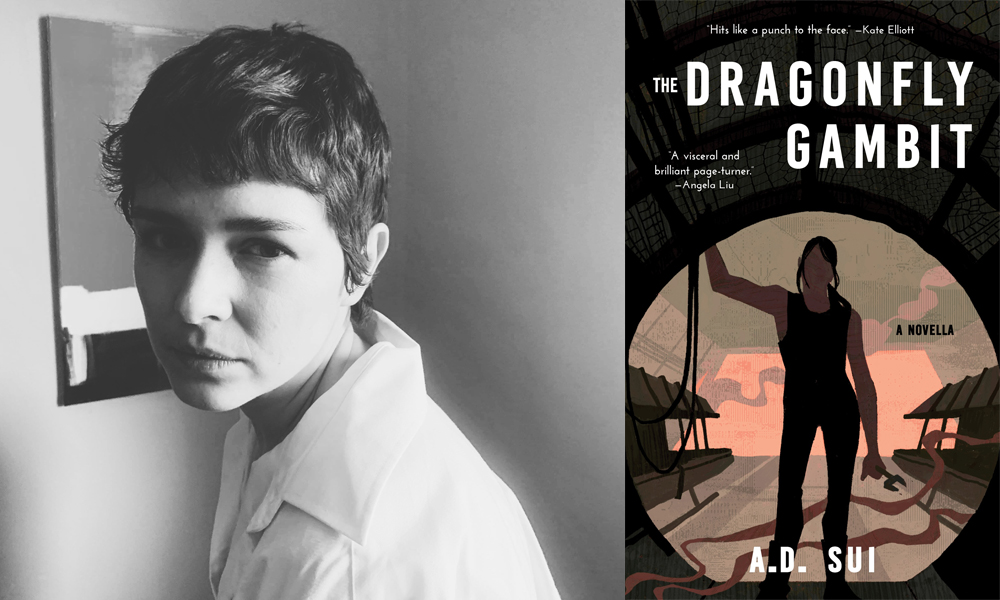Sharing my struggles, dreams and deepest secrets with people I’ve never met IRL has been a game-changer…
By Jumol Royes
What am I getting myself into?
That’s the thought running through my head as I sit at my desk with my laptop, preparing to dive head-first into the unknown.
My anxiety is on high alert, but I decide to take a leap of faith and click the Launch Meeting button on the Zoom app. Within seconds, I’m transported into a virtual meeting room. Keeping my video off, I sit back and watch as other participants slowly start to trickle in, their names and faces populating the small boxes at the top of my screen.
The group begins with two friendly co-facilitators welcoming everyone and walking us through the comfort agreement, a set of agreed-upon guidelines meant to protect the safety and comfort of the group.
Introductions come next. We go around popcorn style and when it’s my turn, I summon the courage to turn on my video and share my name, pronouns, identity and how I’m feeling. I receive a heartfelt response from the group and begin to feel more at ease.
Maybe I’m in the right place after all.
With introductions out of the way, it’s time for sharing. We’re each allotted uninterrupted time to speak about whatever is on our hearts and minds. Sharing is optional but gently encouraged. When each person is finished speaking, they can choose to receive person-focused feedback from the other participants, allowing them to feel the full support of the group.
Going into this, my approach is to just be a passive observer. I’m not sure I’m ready to divulge parts of my life story to a group of total strangers whom I’ve never met in person and know absolutely nothing about. I’m like an onion; I have many layers that must be peeled back…slowly. But the more people share about their poignant and deeply personal struggles, and are supported, the more my walls come tumbling down.
Before I know it, it’s my turn to share, so I lean into being vulnerable, and perhaps a little bit brave.
I suddenly find myself speaking freely about complex and complicated feelings and the beautiful and heartbreaking reality of moving through the world as a gay man in Black skin. I even surprise myself when I get a little emotional towards the end of my share and shed a few tears. Crying on camera in front of people I don’t know is something I rarely, if ever, do.
I’m wholly unprepared for the group’s reaction. They shower me with collective care, comfort, concern and words of encouragement, wrapping me in their virtual embrace and validating without judgment everything that I’ve shared.
I feel held, safe and supported. I feel seen.
I couldn’t have asked for a better first experience participating in a BIPOC (Black, Indigenous and People of Colour) peer support group for the purposes of finding solidarity and learning more about our shared lived experiences.
Peer support groups for mental health started to gain traction back in the 1960s and ’70s. They’ve become more prevalent in recent years, thanks in part to the proliferation of technology that makes virtual support groups possible. These groups provide safe or safer spaces – because no space can always be completely safe – for people with shared lived experiences to come together to support one another and feel connected and understood.
In her book, Atlas of the Heart, researcher and storyteller Brené Brown says, “This need for connection, for storytelling and story catching, is what makes group therapy and support groups such powerful healing experiences for those who are grieving.”
Brown found that three foundational elements of grief emerged from her research: loss, whether due to death and separation or less tangible losses like the loss of normality, the loss of what could be and the loss of what we thought we knew about something or someone; longing or an unconscious yearning for wholeness, understanding, meaning, or to regain or touch what we’ve lost; and finally, feeling lost, the feeling that accompanies trying to reorient our physical, emotional and social worlds when we experience grief.
If I’m being honest, grief is probably what drew me to a peer support group in the first place.
I was grieving the loss of who I once was, who I thought I was supposed to be, and the friendships and relationships I’d outgrown that no longer served me. I was longing to be seen and witnessed, to be heard and understood, and to give myself permission to honour all the parts of myself, because there are no bad parts. I was trying to figure out how to navigate life’s thresholds – that space between known, familiar territory and the unknown, uncharted wilderness – while seeking community and deeper connectedness.
I now attend the group regularly and it’s been a real game-changer for me.
I show up each week and feel comfortable sharing my struggles, dreams and deepest secrets, knowing that I’ll be met with empathy and grace. I don’t have to worry about code switching or self-editing to make non-BIPOC folks feel more comfortable. We hold space for each other to come just as we are, with all our big emotions. We get each other, we see each other, we relate to each other’s histories and lived realities. We share collective wisdom. Their stories are my stories, and my stories are their stories, too.
I dream of a world where safe space spaces exist for all Black folks, LGBTQ2+ folks, for everyone, everywhere. But that isn’t the world we live in. At least not yet. Until that day comes, I’m grateful to have found safer space among a group of perfect strangers.
Come to think of it, they’re not strangers anymore. They’re more like chosen family and some of my biggest supporters.
JUMOL ROYES is IN Magazine’s director of communications and community engagement, a GTA-based storyteller and glass-half-full kinda guy. He writes about compassion, community, identity and belonging. His guilty pleasure is watching the Real Housewives. Follow him on Instagram @jumolroyes.







POST A COMMENT